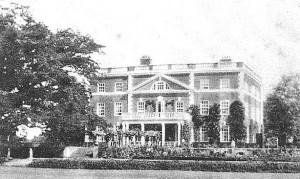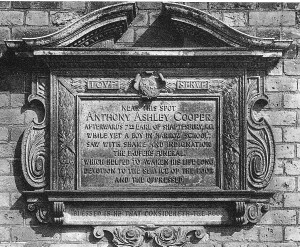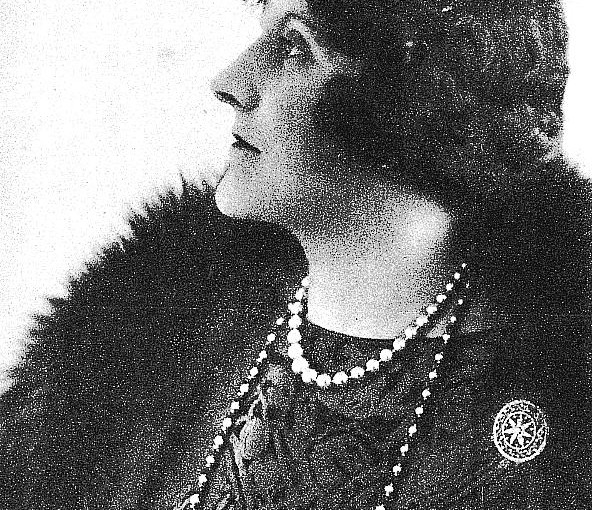By Frank Palmer
The name Lady Maud Warrender crops up in Rye history during the earlier part of the 20th. century, known for her fine contralto voice, and much in demand to sing at local concerts; as well as her connections with the good and the great throughout the land.


She was married to Admiral Sir George Scott Warrender; home was Leasam House which they acquired in 1903.
The Warrenders were a wealthy Edinburgh family; descended from Flemish linen weavers.
George together with his brothers and sisters inherited a large house and grounds in Eastcote near Pinner, Middlesex, from their grandfather Sir Hugh Hume-Campbell. Sir Hugh acquired ‘High Grove’ through his second marriage to Julianna Rebecca daughter of Sir Joseph Fuller, who was in command of the Coldstream Guards under Wellington in the Peninsular war; she was also a niece of Sir Robert Peel.
Sir George who was the 7th. baronet, had joined the navy and risen through the ranks, and by 1908 had reached flag rank. Two of his sisters remained at ‘High Grove’ and did not marry. Alice was the founder of the Hawthornden Prize for Literature, Elenor distinguished herself nursing during the South African War and became ‘Dame of Grace of St.John of Jeruselem’ and served in World War One with the French Red Cross receiving the Croix de Guerre; she also founded the Eastcote & Pinner Girl Guides and for many years was District Commissioner.
Sir Winston Churchill stayed at ‘High Grove’ for part of his honeymoon.
The Warrenders married in 1894 she was Ethel Maud Ashley, the 5th. daughter of the 8th Earl of Shaftsbury. There were three children, the eldest was Victor, who’s Godmother was Queen Victoria, then Violet and Harold, who married the daughter of the Rev. Fowler Vicar of Rye.
Her grandfather, the 7th. Earl, who, whilst a pupil at Harrow, witnessed a paupers funeral, when four drunken men carrying the coffin managed to drop it; he there and then decided to devote his life’s work and wealth to helping the poor.
In London Shaftsbury Avenue and the Shaftsbury Memorial, sometimes known as ‘Eros’, commemorates his life work.
Lady Maud, like her sister-in-law was District Commissioner of the local Girl Guides. Her brother was at one time military secretary to Lord Brassey. (Lord Warden 1908-1914).
Sir George died in 1917, and in 1920 Admiral of the Fleet the Earl Beatty was in Rye to receive the Honorary Freedom of the Borough, he also unveiled a memorial in Rye Church to the late Admiral Sir George Warrender Bart. his old friend and comrade.
From the July 2005 issue of “Rye’s Own”
